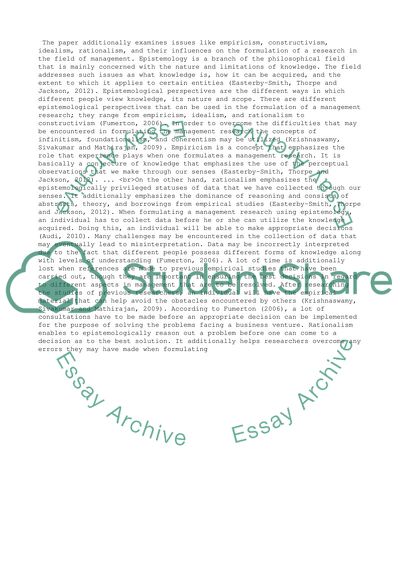Cite this document
(“In What Ways Does the Choice of an Epistemological Perspective or Essay”, n.d.)
In What Ways Does the Choice of an Epistemological Perspective or Essay. Retrieved from https://studentshare.org/business/1454208-research-knowledge
In What Ways Does the Choice of an Epistemological Perspective or Essay. Retrieved from https://studentshare.org/business/1454208-research-knowledge
(In What Ways Does the Choice of an Epistemological Perspective or Essay)
In What Ways Does the Choice of an Epistemological Perspective or Essay. https://studentshare.org/business/1454208-research-knowledge.
In What Ways Does the Choice of an Epistemological Perspective or Essay. https://studentshare.org/business/1454208-research-knowledge.
“In What Ways Does the Choice of an Epistemological Perspective or Essay”, n.d. https://studentshare.org/business/1454208-research-knowledge.


